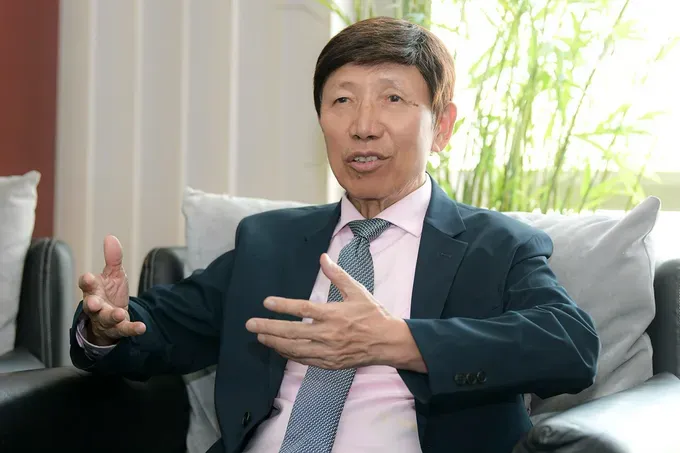
The former agency leader stated that it is a critical step for Vietnamese enterprises to confidently pursue international investment opportunities.
According to him, Vietnam has shown a positive trend in the field of foreign direct investment (FDI) despite global economic challenges. By the end of July, registered capital had reached over US$24.1 billion, marking a 27.3 percent increase from the same period in 2024. Disbursed capital also grew by 8.4 percent to $13.6 billion.
However, the global economic landscape presents significant risks, including geopolitical instability and trade defense measures. The recent imposition of a 20 percent reciprocal tax by the U.S. on some Vietnamese exports is expected to have an impact.
Despite the overall positive FDI trend, Vietnam has not recently attracted many large-scale, high-tech projects. In July, newly registered capital dropped by 67.3 percent to $743.9 million, with only 266 new projects. This decline continued into the first seven months of 2025, where newly registered capital reached just over $10 billion, an 11.1 percent decrease compared to the same period.
Currently, while Vietnam's economy has been deeply integrating into the world economy today, combined with the overall dynamic development of the economy, the private economic sector will certainly seek to expand its market abroad, if institutional obstacles, state management policies on the Vietnamese side as well as weaknesses of the economy as an investment destination (quality of human resources, management capacity) are removed soon. In the first 7 months of 2025, Vietnam's investment capital abroad including newly granted and adjusted capital reached $528.5 million.
As of July 2025, Vietnam's total outbound foreign direct investment (OFDI) reached approximately $23.12 billion. Most of Vietnam's OFDI projects are concentrated in Southeast Asian countries, driven by proximity, cultural similarities, favorable agreements, and lower entry barriers. While other regions like Africa, the Americas, and other parts of Asia host some significant projects such as acquisitions, mining, and agricultural value chain investments, these are less prevalent compared to ASEAN.
OFDI from Vietnam remains relatively modest in scale compared to inward Foreign Direct Investment (FDI). Historically, high-tech strategic projects have been limited, but a positive shift has been observed since 2024, with an increase in high-tech initiatives, as well as projects in industrial processing and manufacturing. Notable Vietnamese companies including Viettel, FPT, Vinamilk, and several enterprises in sectors such as agriculture, aquaculture, and industrial processing and manufacturing, have achieved significant profits through their OFDI ventures.
It is important to note that the elimination of the OFDI certificate issuance procedure does not imply a relaxation of regulatory oversight. Instead, investors are required to register with the State Bank of Vietnam for overseas capital transfers, provided they possess the necessary documentation, such as an investment license, enterprise establishment certificate, or a capital contribution contract for the purchase of shares in foreign entities. This mechanism ensures compliance with foreign exchange control requirements.
The senior official emphasized the need for Vietnamese enterprises to thoroughly understand Vietnam’s legal framework and target market regulations when pursuing Outward Foreign Direct Investment. Key areas of focus include mastering OFDI forms, managing the transfer of investment capital abroad, and ensuring smooth repatriation of profits. These remain critical challenges for Vietnamese firms investing overseas.
For state agencies, he outlined a strategic roadmap for OFDI development. By 2030, Vietnam should shift from resource-heavy, large-capital OFDI to high-value investments, prioritizing technology-driven projects, research and development (R&D), global supply chain integration, and high-value service centers. The Government should encourage alliances, joint ventures, and mergers and acquisitions (M&A) abroad to lay the groundwork for future strategic initiatives. To support investors, the establishment of a political and financial risk insurance mechanism, potentially through a dedicated risk support fund, was proposed to bolster investor confidence.
Looking toward 2045, Vietnam aims to position select corporations as global integrators and investors in key sectors such as clean energy, telecommunications, information technology, manufacturing value chains, and logistics. The OFDI structure should transition from traditional sectors like mining and agriculture to high-tech, R&D, cross-border financial services, and renewable energy. A robust support ecosystem including comprehensive legal frameworks, funding mechanisms, embassy and trade office networks, and skilled human resources was recommended to empower Vietnamese enterprises from the outset of their international ventures.
























